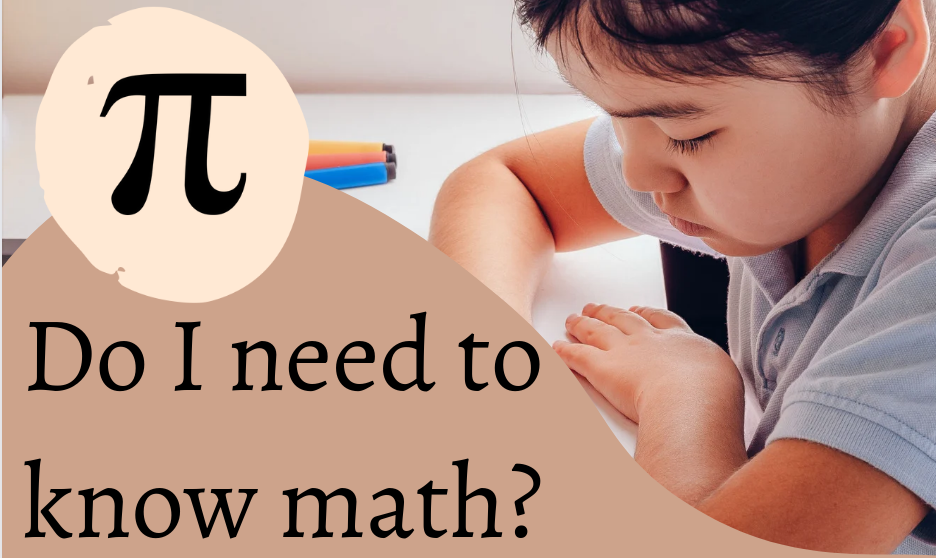Do I need to know math to code?

At CodeEasy, we hear this question asked a lot in the Slack group and forum. When you first decide to get into programming, it’s good to know what lies ahead of you, and math can be a tough nut to crack. But is it really needed? Let's find out!
Math and coding have a lot in common, but there is one core difference worth pointing out. I am an MSc in applied math and I worked as a software developer for many years - this gives me a solid ground for comparison. In general, math is much more complicated than programming 😁 In programming, you often have a clear path to achieve your goal: an algorithm, business logic, or even no logic. When a software developer sees a task at a planning meeting, they probably already know how to do it. Of course, not all the details, but well enough to put a time estimate on the task. You are good to go by having good problem-solving skills and persistence.
When as a mathematician you are presented with an equation to solve, you do have some assumptions and ideas, but you are much further away from knowing how to proceed compared to a programmer. If, in the case of a programmer, we put 80% of certainty about what to do, in this case, we will go down to 50% or even lower. There are several standard approaches, and if one of them works - great, if not - you need to "play with it;" this process is undefined and usually takes a significant amount of time.
There are areas in programming that do require you to know math. For example, being a game engine programmer, you most certainly need to know math, and sometimes physics. Positions within machine-learning, cyber security, computer graphics, and computer vision can involve insanely high-level, advanced math. But don't be afraid, these positions are rare, and are usually filled with people who have a degree in math. So if you are looking for a position without math - you will find one.
CodeEasy includes a few programming assignments that require basic math knowledge. For example: calculating the area of a cube, or measuring an angle between the clock hands. We added them for you to feel the flavor of different types of programming tasks, and to see if you enjoy solving math puzzles. If the answer is "no," no worries; you can just skip them.
The bottom line is this: don't worry about the math. You will need only the basics, and you will easily learn them.
